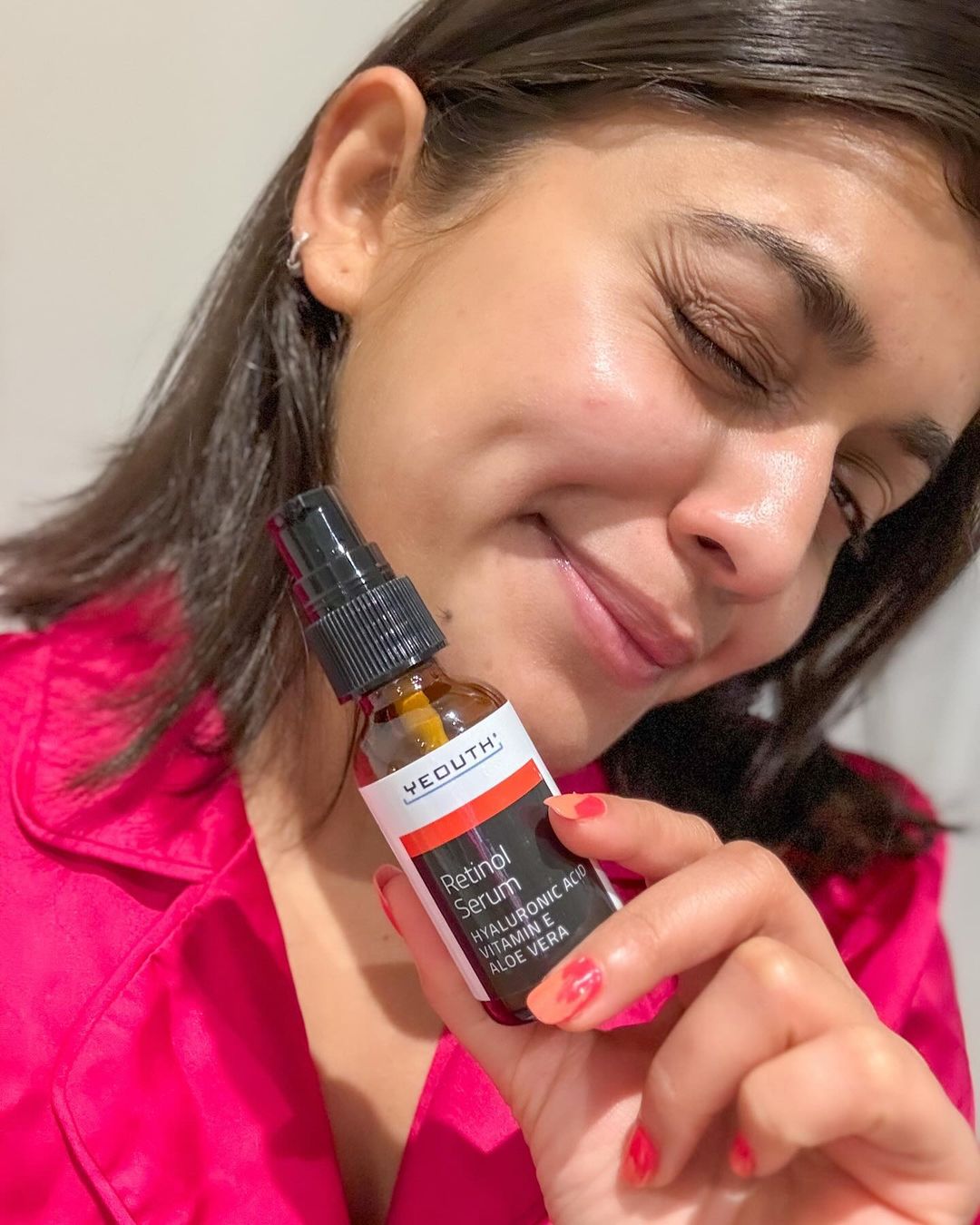Retinol 101: The Ultimate Guide to Its Benefits and How It Works
Retinol is widely recognized for its ability to enhance the appearance of skin by promoting smoother, more even-toned skin and reducing the visibility of fine lines and wrinkles. Despite its 40 years of established research, many people still don't know what retinol is and why they should include it in their skincare routine.
Read on to learn more about what this phenomenal ingredient has to offer and discover the key to a flawless and radiant complexion.
What is Retinol?
Retinol is a form of vitamin A that has become popular for its cosmetic benefits in skincare. It is widely recognized for its ability to improve the overall appearance of the skin. Retinol contributes to a smoother-looking complexion by minimizing the visibility of fine lines and wrinkles, promoting a more even skin tone, and enhancing the look of skin firmness.
Retinoid vs. Retinol
When it comes to skincare, the terms “retinoid” and “retinol” are often used interchangeably, which can cause some confusion. Here’s a simple breakdown:
Retinoid: A broad term that refers to a group of compounds derived from vitamin A. Retinoids include various types like retinaldehyde, tretinoin, and retinyl esters. These compounds differ slightly in their composition, leading to varied effects on the skin’s appearance. Some retinoids are available only by prescription due to their strength and concentrated formulation.
Retinol: A type of retinoid available without a prescription due to its gentler formulation. Retinol aids in the natural exfoliation process, helping to refine the skin's texture and minimize the visibility of fine lines and uneven tone over time.
How Does Retinol Work?
Retinol is appreciated for its gentle approach to improving the look of the skin, gradually revealing a smoother, more radiant complexion. With consistent use, retinol can help enhance the skin's appearance over time, leading to visible improvements. Patience and regular application over several weeks are key to achieving and maintaining these benefits.
Are There Side Effects?
As retinol promotes a smoother-looking complexion, some users may initially experience mild flaking or dryness as their skin adapts. You might also notice a slight redness or warmth after the first few applications. These responses are generally temporary and tend to improve with consistent use.
To minimize any discomfort, avoid using harsh products that could further irritate the skin, and always follow up with a nourishing moisturizer like YEOUTH Anti-aging L22 Moisturizer, YEOUTH Advance Snail Mucin 95 Cream or YEOUTH Day/Night Cream to keep your skin feeling hydrated and protected.

Skin Benefits of Retinol
Retinol enhances the appearance of the skin, helping it look fresher and more radiant. Here are some of the top cosmetic benefits of incorporating retinol into your skincare routine:
Minimizes the Look of Fine Lines and Wrinkles: Retinol is believed to help create a firmer and smoother-looking complexion, reducing the visibility of fine lines.
Revitalizes Skin: Retinol contributes to a more refreshed appearance by gently improving skin texture, leaving your skin looking revitalized.
Evens Out Skin Tone: Retinol can help brighten your skin’s appearance, reducing the look of dark spots for a more even skin tone.
Supports Clear-Looking Skin: By gently enhancing the skin’s natural exfoliation process, retinol can help maintain a clear and refined look.
What Should You Look for in a Retinol Product?
When selecting a retinol product, look for one that is packed in an airtight, tinted container to help maintain its effectiveness. Retinol can be sensitive to sunlight, so it’s recommended to apply it as part of your nighttime skincare routine.
Consider YEOUTH’s Retinol 2.5% Serum, which not only includes retinol but also features hyaluronic acid, aloe vera, and vitamin E to nourish and hydrate your skin while you sleep.
If you’re new to retinol, start by applying one pump of the Retinol 2.5% Serum three times a week before bed, gradually increasing usage as your skin becomes accustomed to it.
Have you tried retinol before or are you interested in trying it out? Do you have any more questions about retinol? Talk to us in the comments!












